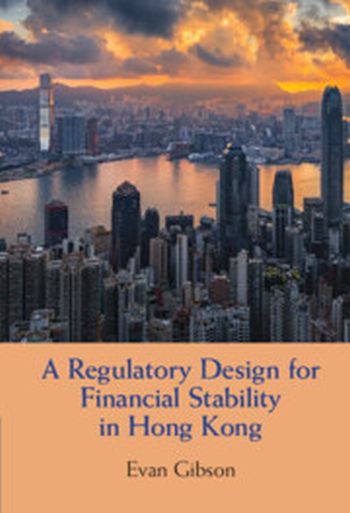
In Hong Kong, the banking system is the primary source of financial stability risk. Post-2008 regulatory reforms have focused on financial stability policies and tools while neglecting the design of supervisory models. This book provides a comparative analysis of how supervisory models affect the management of financial stability regulations in Hong Kong's banking system. Regulatory issues discussed span prudential regulations, systemically important banks, unconventional liquidity tools, deposit insurance, lender of last resort, resolution regimes, central clearing counterparties and derivatives, Renminbi infrastructure, stock and bond connect schemes, distributed ledger technology, digital yuan, US dollar sanctions, cryptocurrencies, RegTech, and FinTech.
A Regulatory Design for Financial Stability in Hong Kong elucidates the flaws and synergies in Hong Kong's banking regulatory framework and proposes conventional and innovative regulatory reforms. This book will be of great interest to banking, financial, and legal practitioners, central bankers, regulators, policy makers, finance ministries, scholars, researchers, and policy institutes.